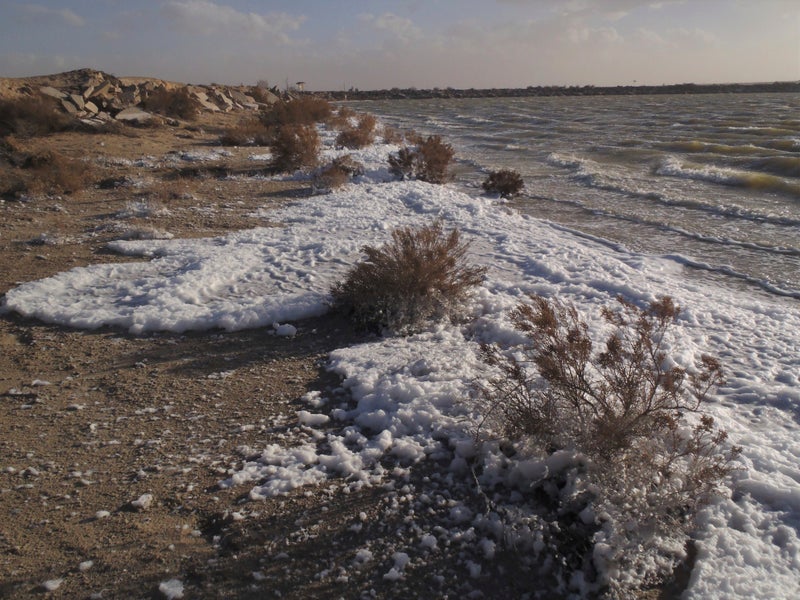Record levels of 'forever chemicals' found in wildlife near New Mexico base, hunters warned
Record levels of 'forever chemicals' found in wildlife near New Mexico base, hunters warned
Share:
Environmental regulators and health officials in New Mexico are warning hunters that harmful chemicals known to cause cancer in people have been found at record levels in birds, small mammals and plants at a lake near Holloman Air Force Base. In fact, state officials say the findings are some of the highest levels documented in wildlife and plants worldwide based on comparisons with other published studies. Researchers contracted by the state tested muscle, liver and bone tissue in ducks, other birds and rodents as well as eggshells, algae and even skin shed by a rattlesnake.
The findings come as more states in recent years have been forced to issue health advisories to hunters and others as a result of “forever chemicals” known as PFAS showing up in wild animals that are hunted for sport and sustenance. From Maine to Michigan and beyond, wildlife managers and scientists have been busy expanding testing as the scope of the problem widens.
PFAS chemicals, or per- and polyfluoroalkyl substances, are an increasing focus of public health and environmental agencies, in part because they don’t degrade or do so slowly in the environment and can remain in a person’s bloodstream for life. In New Mexico, the concern centers on a lake that serves as the wastewater reservoir for Holloman Air Force Base. It sits at the edge of the base and near White Sands National Park. While hunting is now prohibited there, state officials are concerned that the lake serves as a layover for ducks and other migratory birds that could end up being harvested elsewhere.






















